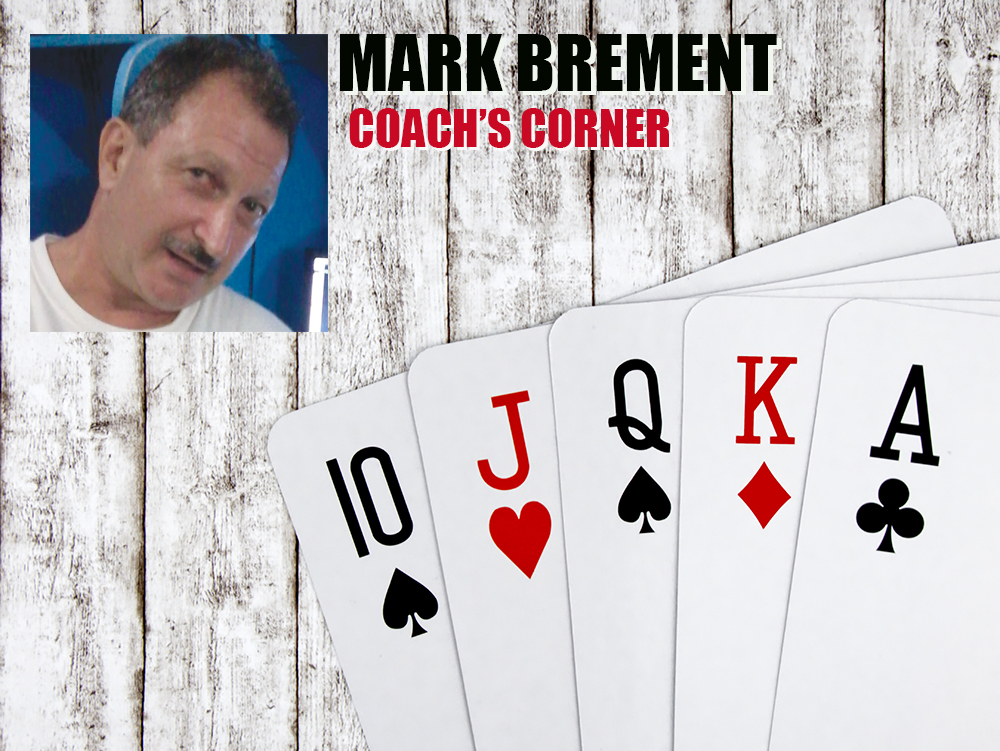In 2017, more than 100K players converged on Las Vegas to play in the World Series of Poker and my poker gut tells me 2018 will be bigger. In my experience, getting knocked out of a tournament hurts. Often enough when we err in a cash game, we can dig in and make a comeback. In tournament play, mistakes are fatal. I have a few ideas on tournament pitfalls and how to avoid mistakes:
FATIGUE: Plan your day, get enough sleep, eat a light meal, work out the morning of an event and have a plan for the tournament that you enter. Mistakes happen when fatigue sets in.
EARLY STAGE: Players should have early, middle, late-stage and bubble-play strategies. In the early stages, keep in mind the WSOP format is much slower than at your local casino. While we want to chip up during the event, understand rounds are longer and patience will be your friend at the WSOP. Avoid trying to win the event too early.
TOO TIGHT: Your goal should be to win. Don’t just strive to make the money as 80 percent of the field will be playing to make the money and next they’ll take on the goal of winning. Your job is to exploit opponents’ tightness and pick up extra chips, especially in uncontested pots. Be a fox, not a farmer. Avoid playing too tight.
STACKS: Be painfully aware of opponents’ stacks. Always know what your stack size is in relation to the blinds. Furthermore, be aware of the average stack size throughout the event. Knowing opponents’ stacks will dictate decisions. Understand when an opponent is holding on for dear life and take advantage of situations.
During the middle and late stage of a tournament, we find ourselves with 10, 20 or 30 big blinds. Formulate a strategy for this occurrence before you play. This will make it much easier for you to make some tough decisions after you have been playing for hours. Know the stacks.
BUBBLE PLAY: When the field is close to the money, play will get tighter. This is a great time to take advantage and chip up and exploit those looking to merely cash in this situation. Pick up as many loose chips as possible.
If we avoid blunders and mistakes, chip up throughout, pay attention and most important, get a good night’s sleep, that bracelet just might have your name on it.
— Mark Brement has spent 15 years teaching and coaching all facets of poker, including at Pima CC. Email him at brementmark@gmail.com.



